AI Answer Evaluation Platform Live Now. Try Free Answer Evaluation Now
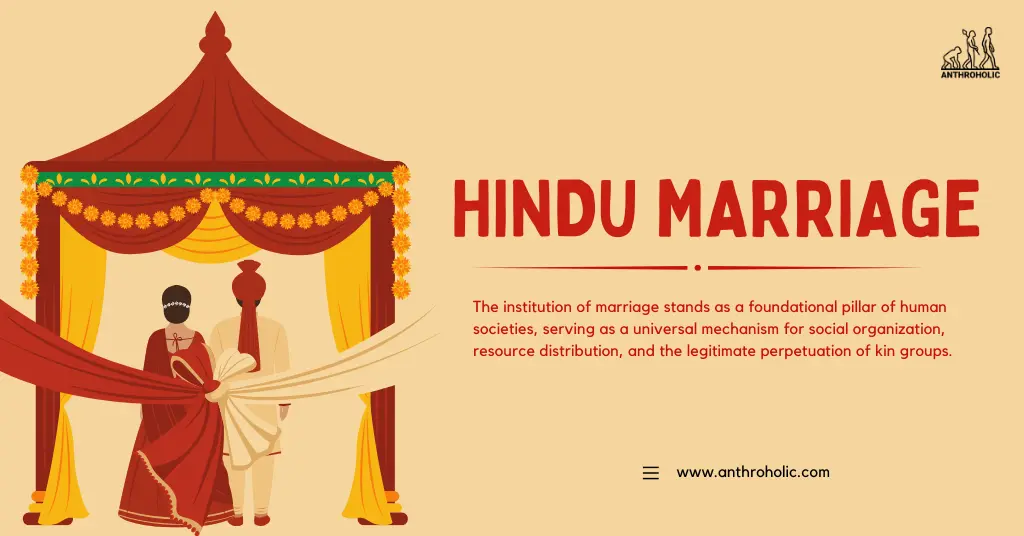
Hindu Marriage
The institution of marriage stands as a foundational pillar of human societies, serving as a…
+91-7303290503, +91-9557169661 | MON to SUN 10:00 AM - 6:00 PM
"Exploring the Diversity of Human Culture: Insights from Anthropology"

The institution of marriage stands as a foundational pillar of human societies, serving as a…

The choice of spouse the deliberate selection of a lifelong

Human marriage systems, far from simply being personal or familial contracts
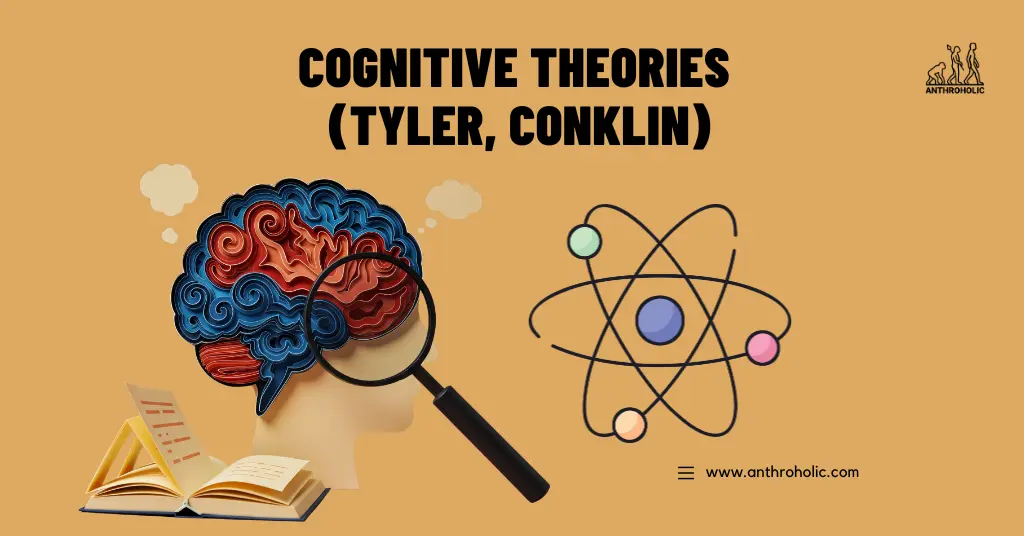
Why do different cultures classify the world the way they do? What mental processes shape how societies name plants, organize kinship, or conceptualize colo
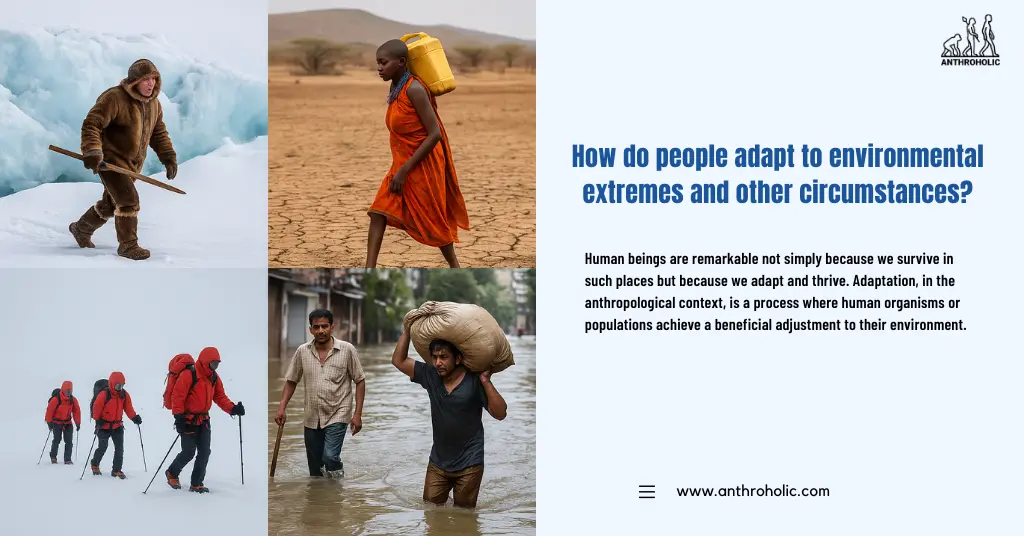
From the scorching sands of the Sahara to the frigid ice sheets of the Arctic, humanity has demonstrated an astonishing capacity for persistence and prosperity.

For many across the world, the idea of black magic evokes fear, suspicion, and moral conflict. But far from being a relic of superstition
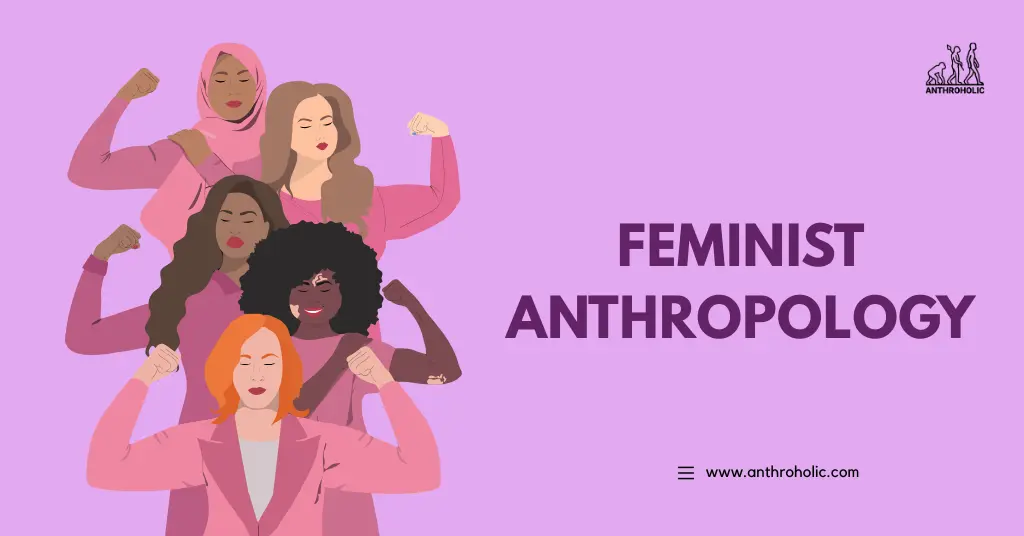
Have you ever considered how the very fabric of human knowledge the stories we tell, the histories we write, and the social structures we analyze

In a country as vast and culturally complex as India, understanding of dynamics of crime is not merely an exercise

settled life of farmers: communities rooted in one place, working the land year after year
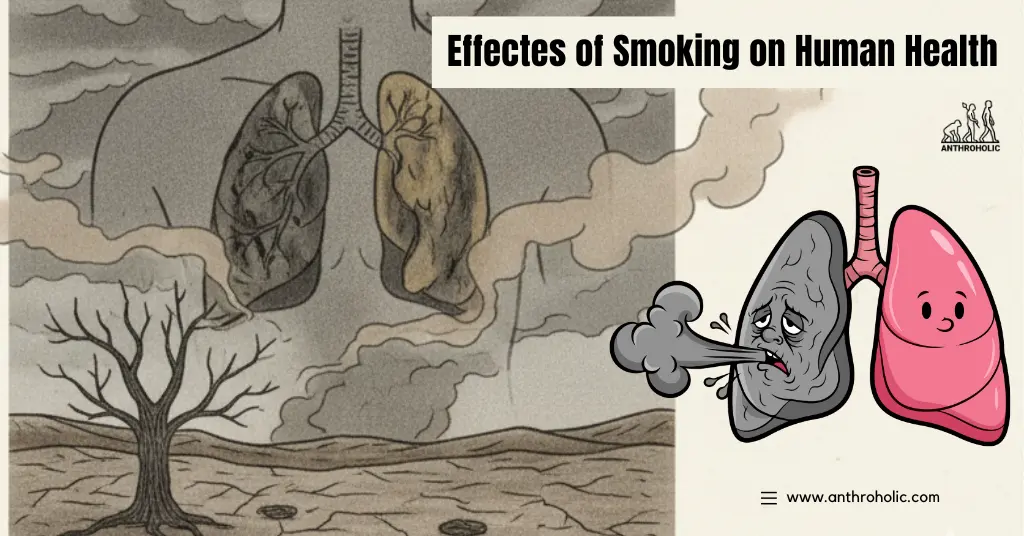
From sacred rituals among Indigenous peoples to the billion-dollar global tobacco industry, smoking has undergo a striking

Sir Herbert Hope Risley (1851 – 1911) was a British civil servant and anthropologist
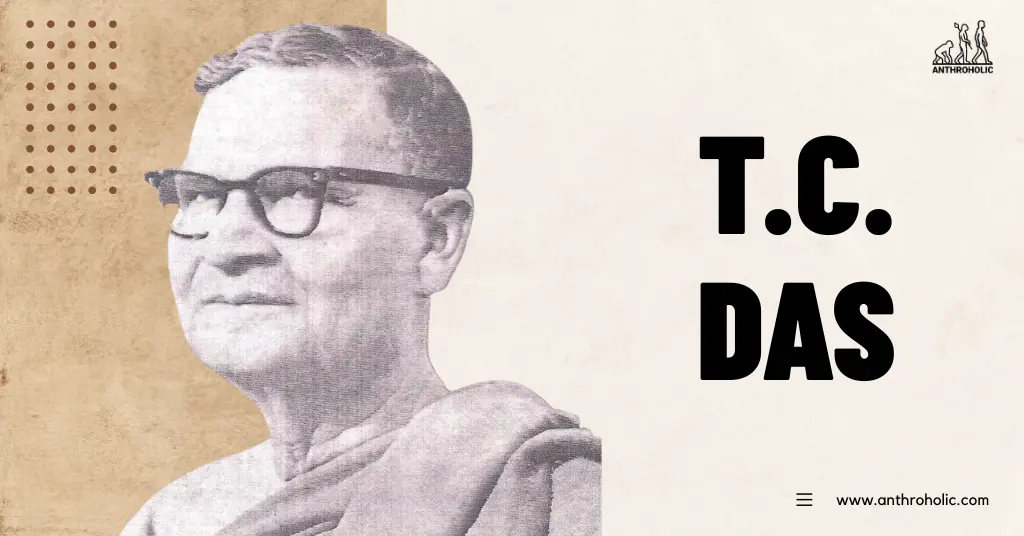
Tarak Chandra Das (often cited as T.C. Das) was a pioneering Indian cultural anthropologist whose rigorous ethnographic work